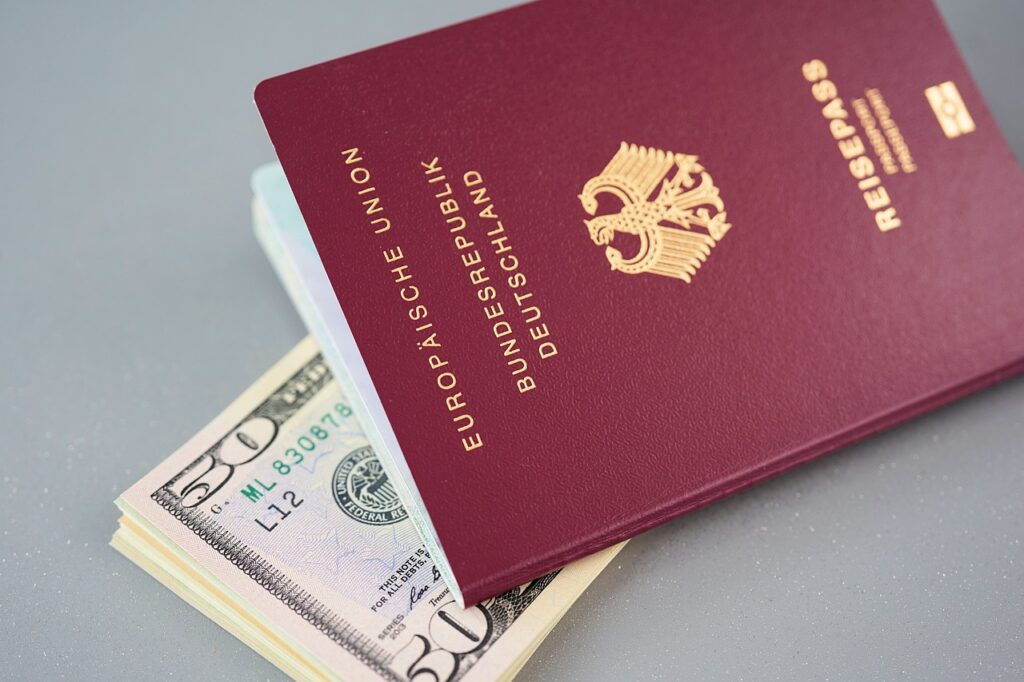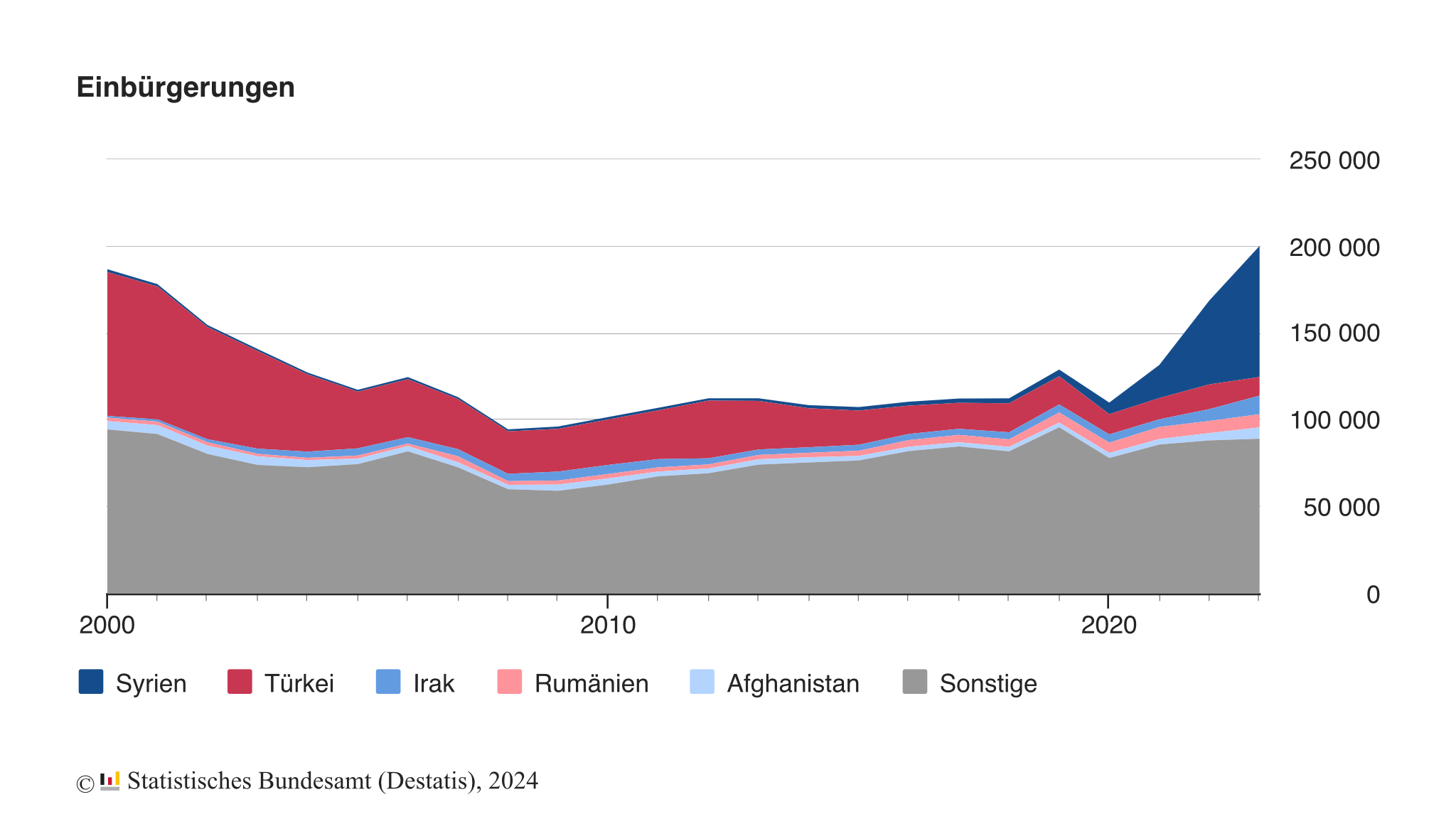Important Changes in the German Nationality Law
Germany has introduced a new nationality law that makes it easier for foreigners to become German citizens. The law also allows dual citizenship for all.

1. Faster Track to Citizenship
How long does it take to become a German citizen?
Previously, foreigners had to wait eight years before they could apply for citizenship. This has been significantly reduced to five years under the new law. For those who go above and beyond in integrating into German society, the wait is even shorter at just three years. “Special integration achievements” that qualify for this faster track include fluency in German (C1 level), volunteer work, or excelling in school or your profession.
2. Dual Citizenship for All
Can I keep my current passport when I become German?
In the past, becoming German meant giving up your existing citizenship. This is no longer the case. The new law allows for dual citizenship, meaning you can hold both German citizenship and your home country’s passport. This is a major change that allows you to maintain ties with your heritage while enjoying the benefits of being German.
3. Keeping Your German Passport Abroad
What happens to my German citizenship if I become a citizen elsewhere?
Previously, Germans who acquired citizenship in another country automatically lost their German citizenship. This has been abolished. Now, Germans who become citizens of another country can keep their German passport. This is a welcome change for Germans living abroad, allowing them to embrace their new home without sacrificing their German identity.
4. Easier Language Requirements for Gastarbeiter
What are the language requirements for citizenship for the Gastarbeiter generation?
The Gastarbeiter generation refers to foreign workers who came to Germany in the 1950s and 1960s. In recognition of their contributions, the new law has relaxed the German language requirements for their citizenship applications. They only need to demonstrate the ability to communicate in everyday German. Additionally, they are exempt from taking the Einbürgerungstest (citizenship test).
5. Streamlined Naturalization and Integration
How can I expedite becoming a German citizen?
The new law implements several measures to accelerate naturalization and integration, including:
- Simplified Einbürgerungstest: The process of taking the citizenship test is being made easier.
- Enhanced Integration Courses: More support and resources will be available for those taking integration courses.
- Increased Participation Opportunities: Foreigners will have more opportunities to participate in German society.
6. Criminal Background and Citizenship
Can a criminal record prevent me from becoming a German citizen?
The new law strengthens the rules regarding criminals and citizenship. People with serious criminal convictions will face a greater challenge in obtaining German citizenship.
7. Bekenntnis to Germany’s Historical Responsibility
What does it mean to acknowledge Germany’s historical responsibility?
As part of the application process, new citizens will now be required to demonstrate an understanding of and commitment to Germany’s “besondere historische Verantwortung” (special historical responsibility). This refers to Germany’s role in World War II and the Holocaust. New citizens must pledge to uphold the values enshrined in the Grundgesetz (German Basic Law), which includes protecting Jewish life and prohibiting wars of aggression. The Einbürgerungstest will be adjusted to reflect these new requirements.
8. Citizenship Revocation for Misrepresentation
What happens if I lied during my citizenship application?
The law allows the German government to revoke citizenship within ten years if it was obtained through fraudulent means, such as lying during the application process. This applies not only to misrepresenting information but also to failing to uphold the commitment to Germany’s historical responsibility, such as spreading hate speech.
Overall, the new German nationality law represents a significant step forward. It simplifies the path to citizenship for foreigners and fosters a more inclusive society.
Thinking about becoming a German citizen?
The new German nationality law offers a more welcoming and streamlined path to citizenship. If you are considering becoming a German citizen, it’s important to familiarize yourself with the specifics of the new law.


